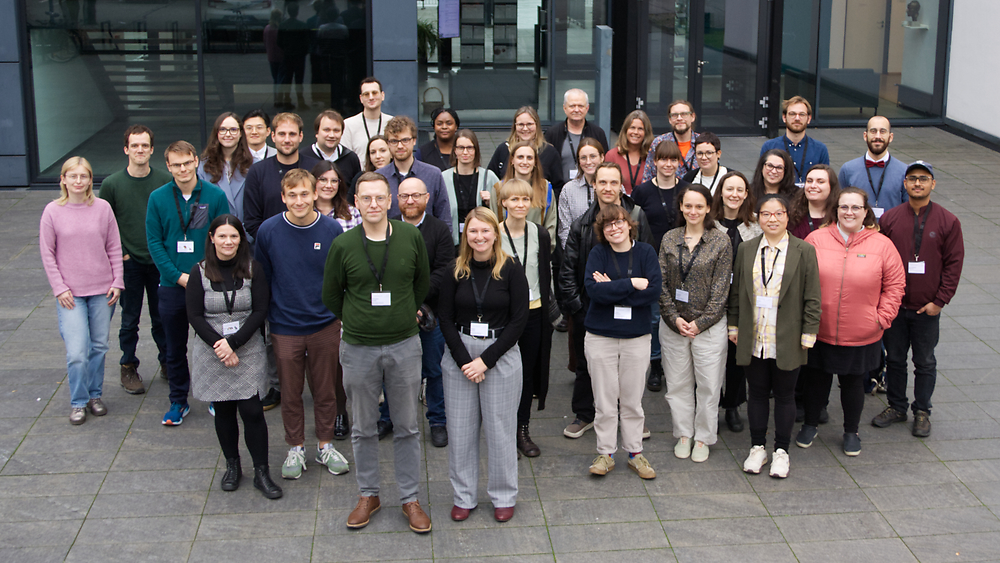December 18, 2024 | News | Workshop
2nd Annual MaxHel Center Meeting
Deepen cooperation and create synergies
For the second time, the researchers of the Max Planck – University of Helsinki Center for Social Inequalities in Population Health met for their annual MaxHel Center meeting at the beginning of November, this year in Rostock. A total of 40 people from MPIDR and the University of Helsinki took part in the two-day event.

© MPIDR
The aim of the meeting was to enable the scientists to exchange information about their current research projects and their latest research results, to develop new questions and projects, and to strengthen collaborations.
To kick off the event, Roland Rau, Professor of Demography at the University of Rostock, gave a lecture full of tips and advice for young scientists on how to find a good research question.
In the further course of the meeting, the participants experienced many more exciting lectures and intensive discussions. The thematic focus was on health inequalities. In this context, many topics were addressed, such as inequalities in the health of children with disabilities or the health of older people and cardiovascular diseases. In the evening, the participants enjoyed the social program together – they had a karaoke night.
Until the next meeting in Helsinki next year, the participants will work on new joint research ideas. Christian Dudel, who organized the meeting together with Megan Evans and Mikko Myrskylä, is convinced: “The regular meetings of the German and Finnish teams are a great opportunity to deepen our cooperation and to create and use synergies.”